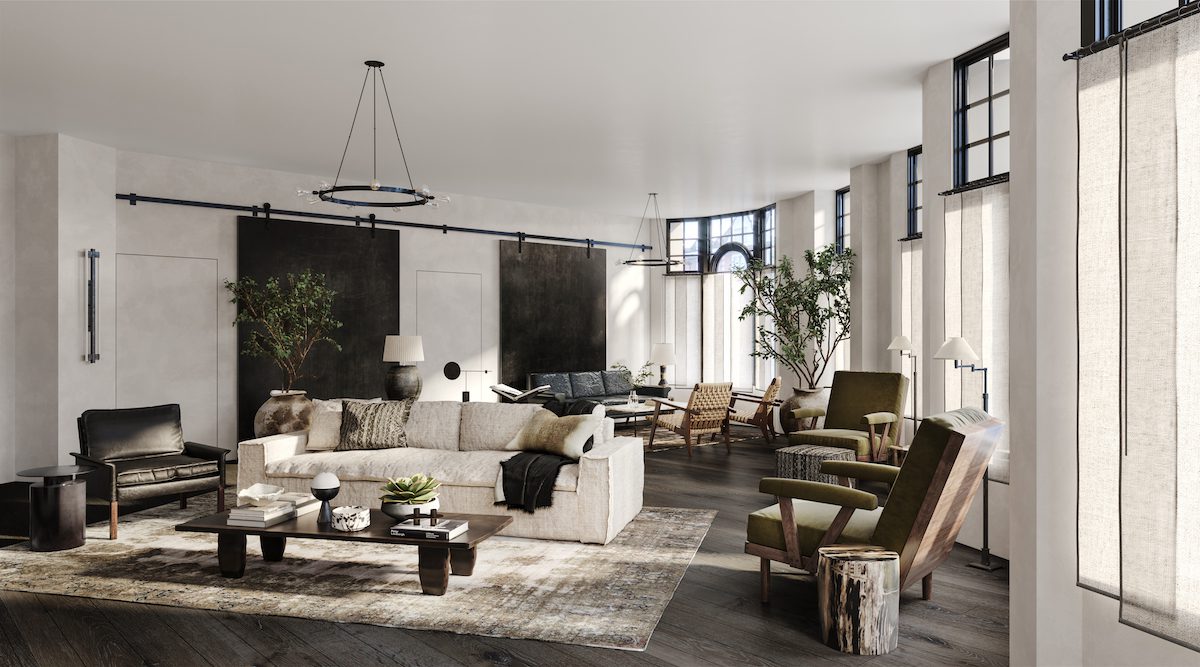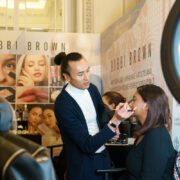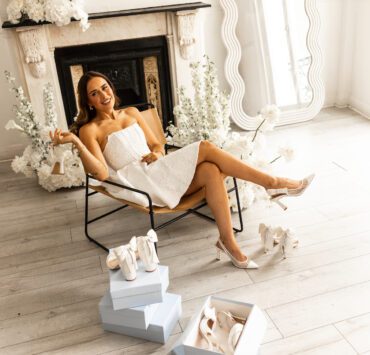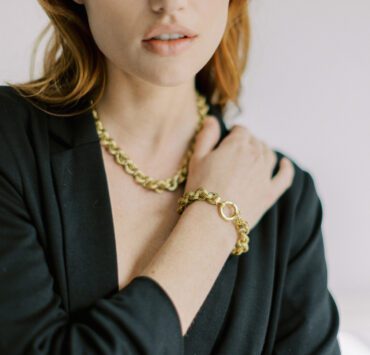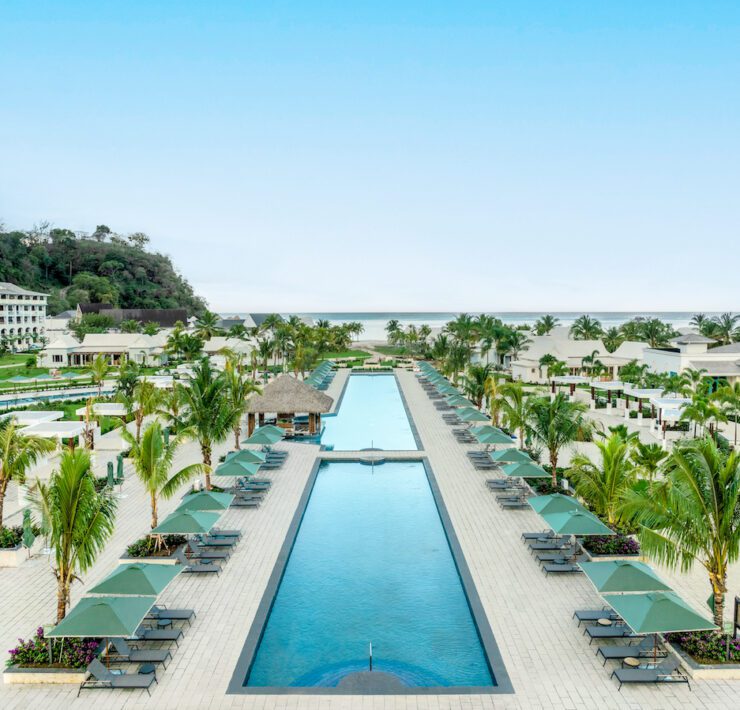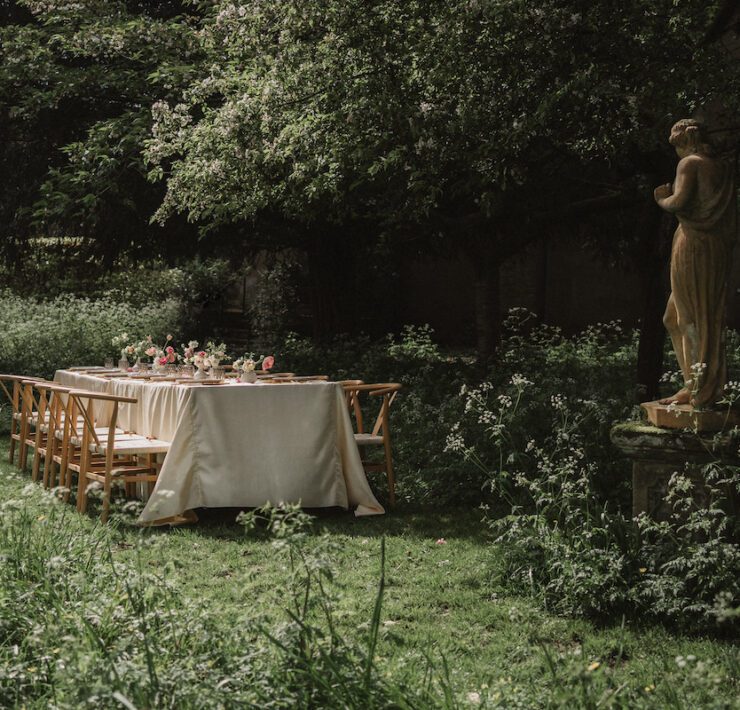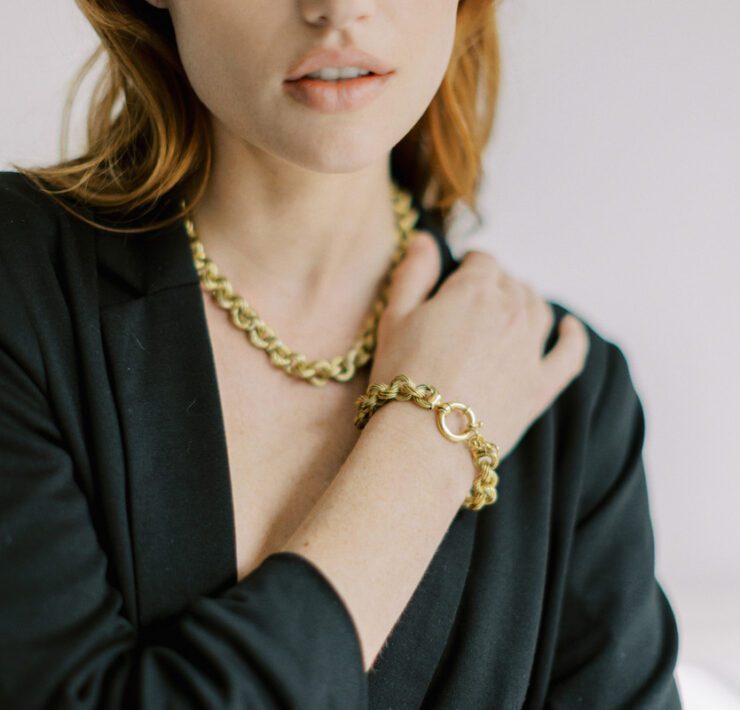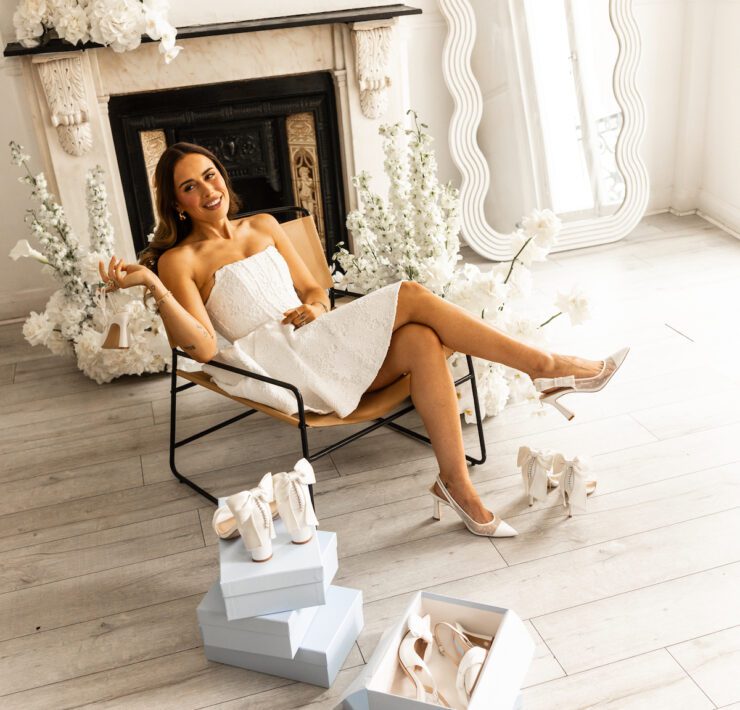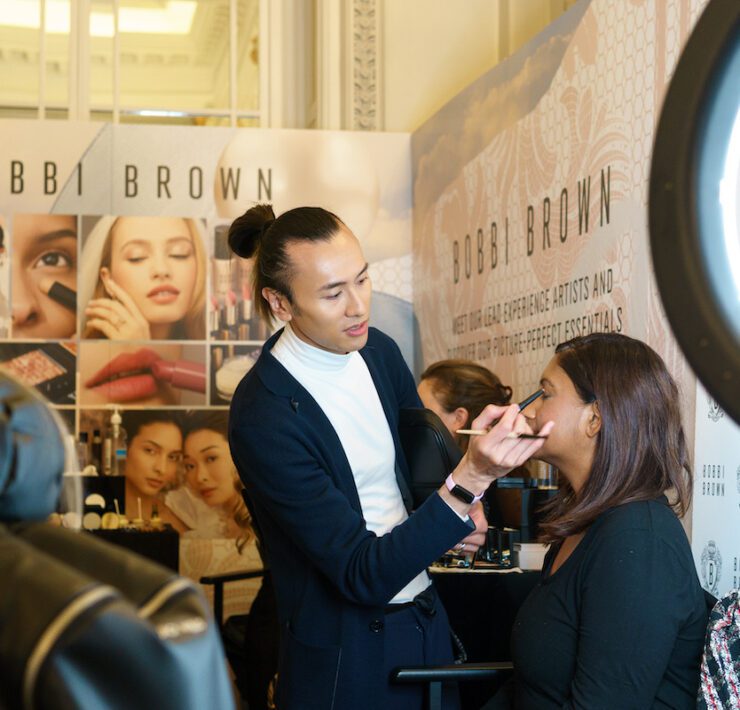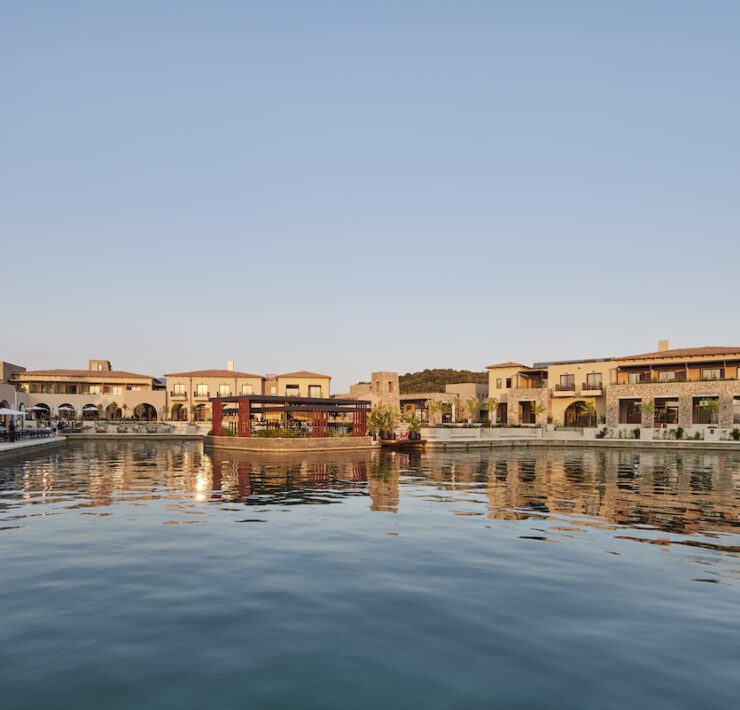There was a time where the mere mention of a therapy room would conjure images of a dusty damask chaise lounge posed in mahogany surrounds. In this version of events, a psychologist would sit opposite, face blank, clipboard in hand, the etching of their pen echoing in a deafening silence.
Or, of course, you have the more clinical scene. Walls stark other than a corkboard pinned with self-help leaflets, chairs plastic, squeaking as you take your seat. The light too bright, too revealing.
It’s fair to say that neither one of these scenes feels particularly safe, secure or comfortable for anyone seeking guidance or struggling with their mental health and wellbeing. And it’s something Maryam Meddin, founder of The Soke, couldn’t shake during her time studying psychotherapy. “I recognised the need for a modernised approach to mental health services.”
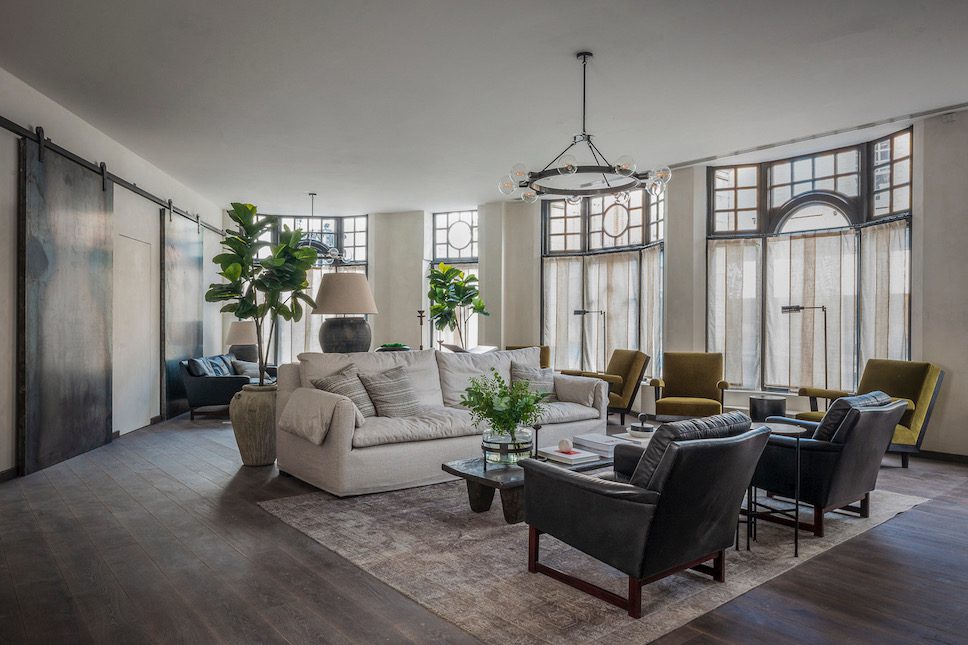
“Coming up to my 50th birthday, I averted the perils of a midlife crisis by devoting all my energies into creating the service model that I thought might work – and then bringing it to fruition.”
This model is now known as The Soke; a private mental health and wellbeing centre in South Kensington and Wimbledon covering “pretty much the full spectrum of emotional and psychological wellbeing services.”
Not only does The Soke make it easier to find and receive quality mental health care, but its multi-disciplinary team host in an environment that has been meticulously designed to enhance the wellness, comfort and security of anyone who walks through the door.
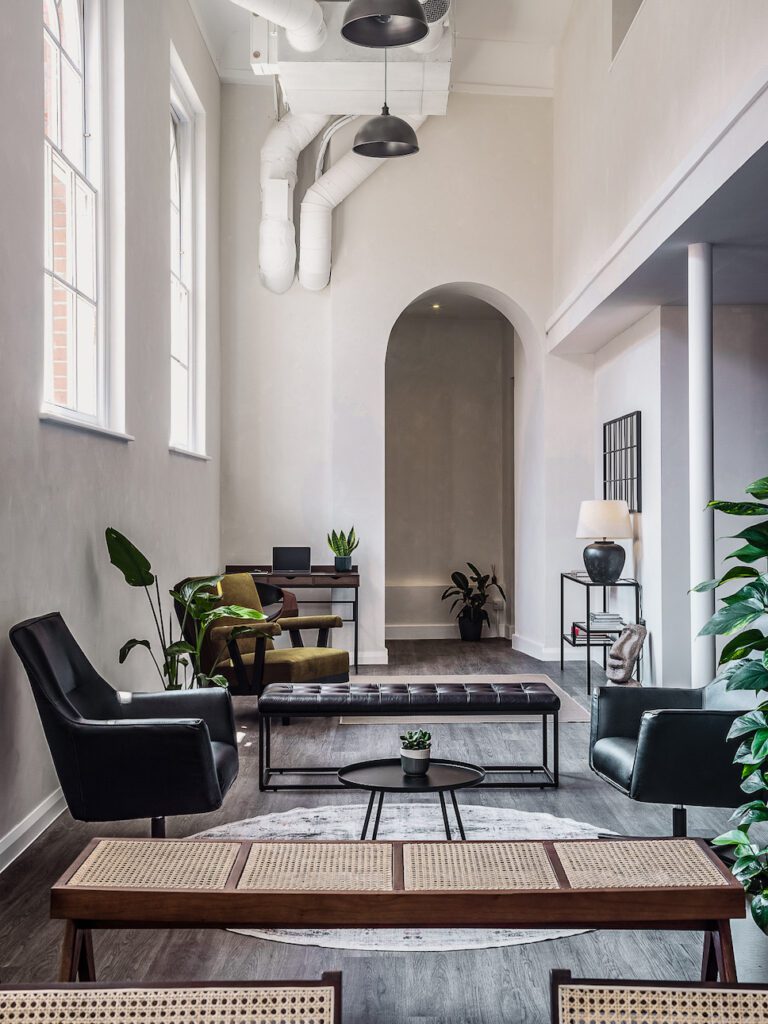
Under the umbrella of The Soke, Soke Women is a more specified range of joined-up services “designed holistically by specialists to serve the needs of individual clients around particular situational life stages.” Here we speak to Maryam Meddin to hear more.
A conversation with Maryam Meddin…
What makes The Soke different to other mental health services?
“Our investment in providing guidance and support to people beyond their clinical and therapeutic needs. A lot of individuals, parents, organisations and schools don’t know where to start when it comes to navigating the mental health world: what the options are, which one would be most effective to suit their requirements (and personality), how to select a practitioner and so on. We’ve made answering such questions, and generally supporting people through the process of taking their first steps towards getting help, a core element of our service.”
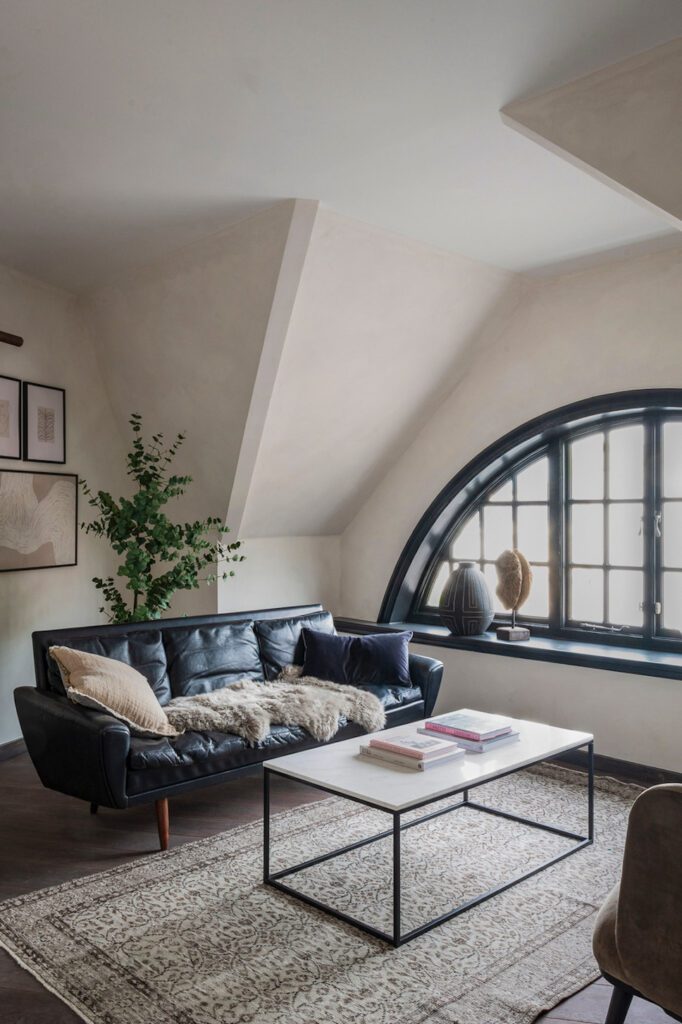
Where does Soke Women fit into this?
“Soke Women was created by a number of our female practitioners who wanted to work together to provide multidisciplinary wrap-around care in response to certain situational issues such as peri/post natal depression, peri/menopause, endometriosis, breast cancer, infertility and so on. Their collaboration means that clients are benefiting from the experience of multiple experts joining forces to achieve the optimal outcome.”
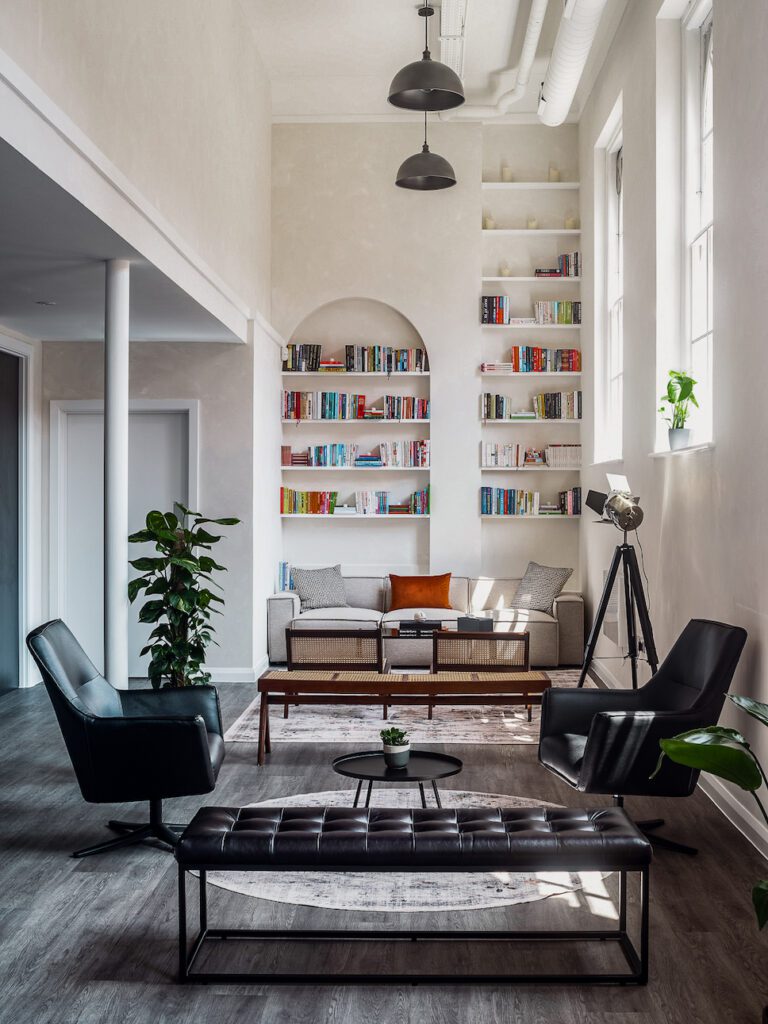
Do you only work with individuals? Or are there group programmes women can take part in?
“There are a lot of cases, with women and others, when our work with them extends to incorporating their partners or families into the treatment process. So even if clients are not attending groups, it doesn’t mean that we can only see them individually.”
“In addition to that, we do indeed cover a range of psycho-educational and peer support groups. People find immense comfort, value and education in sharing their experiences with others like them. For example, between our two centres (in South Kensington and Wimbledon, respectively) we cover groups for Parents of Children with Eating Disorders; Trauma & Recovery; Parents of Children with Gender Dysphoria; Grief & Loss, and so on. A group that seems to be particularly popular is one that looks at the various relationships that we navigate throughout our lives and the joys, sorrows and challenges that come with the ones we really invest in.”
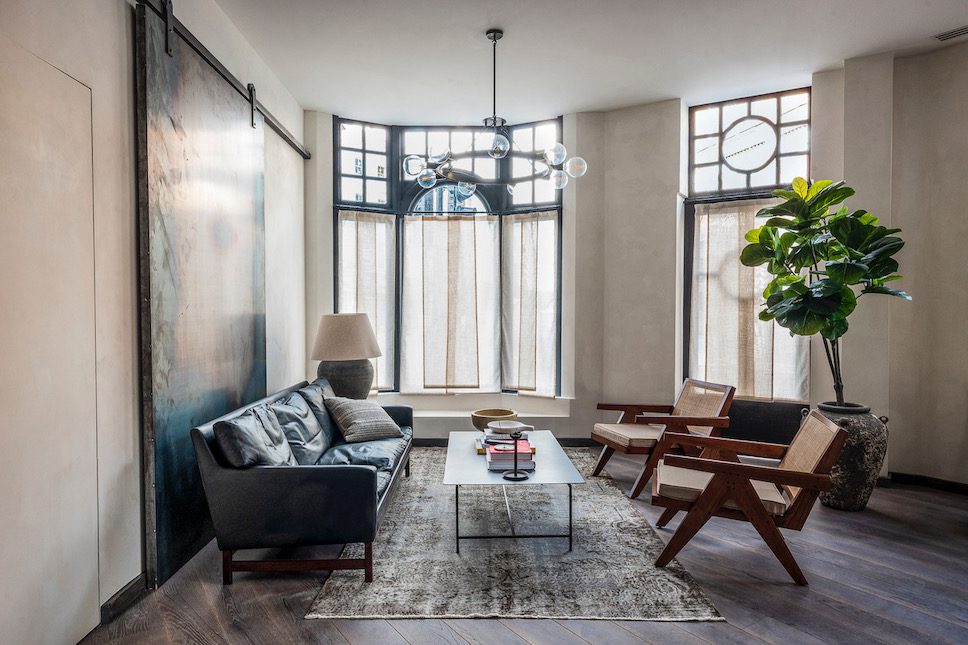
What would you say are the biggest challenges women are facing today?
“Women aren’t homogeneous, and socio-economics plays a huge role in that, so its difficult to paint with a broad brush on this topic. What I can say is that I see women consistently rising to every challenge that’s in front of them and emerging victorious. So whatever those challenges are, their days are bound to be numbered.”
Are there any particular life stages where you feel women may need more support? Why is this?
“The easy go-to is, of course, peri-menopause, when the physical and psychological challenges are often simultaneous and therefore need a concerted effort to overcome. Separate (but perhaps sometimes in conjunction with peri-menopause) is a stage that seems to be prevalent but flying under the radar and it occurs when women who’ve stopped working to raise children start thinking about resuming their careers. It’s remarkable how often women who were once accomplished professionals suffer from crippling self-confidence issues when it comes to how they’ll be regarded after a career break. It takes a lot to put that broken self-esteem back together again.”
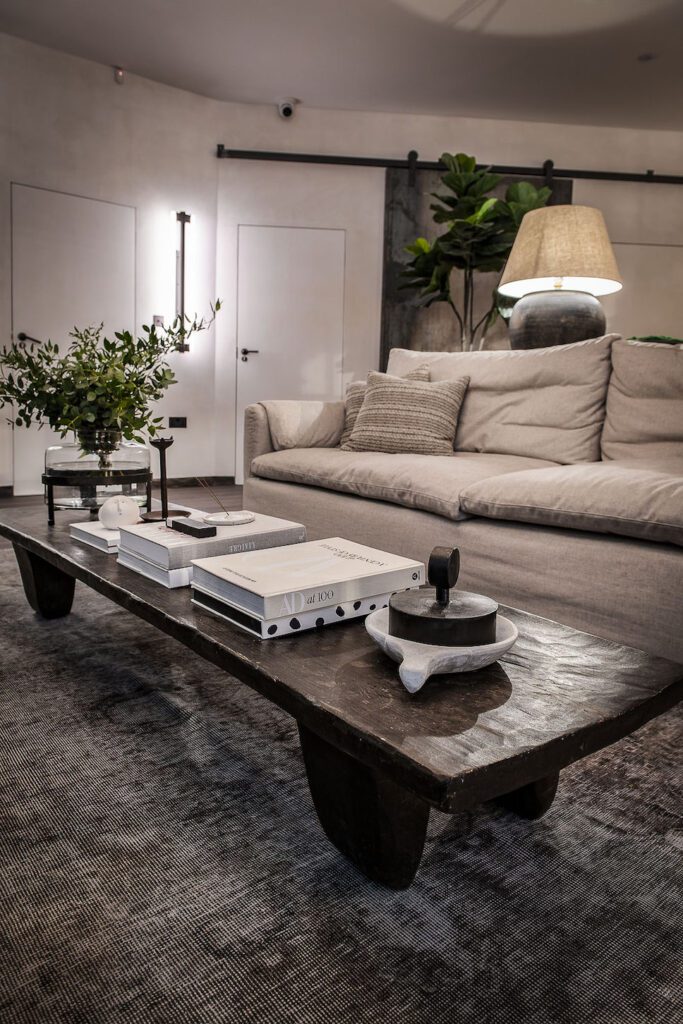
When someone first comes to The Soke, what can they expect?
“I hope that the first thing they’ll experience is calm and kindness from everyone they interact with. Our top priority is to ensure that we’ve done everything we can to make them feel relaxed and safe, and the fact that many of our clients develop warm relationships with our non-clinical team (who look after them outside of the consultation room) is a testament to the success of this approach.”
Beyond one-to-one talking therapy sessions, what treatments/therapies do you offer to clients?
“There are, of course, group sessions that are increasingly popular and evidenced to be effective. We also regularly provide psychoeducation on an array of topics. In terms of our purely clinical services, we do seem to carry out a lot of neurodevelopmental assessments, particularly for children and adolescents, although we probably turn down as many requests as we accept, as there are simply too many people who want to put their behavioural characteristics down to neurodiversity when no such evidence exists.”
“Outside of The Soke, we work with a lot of corporates, with schools and even with hospitals, designing specific products and services to suit their needs and their stakeholders. Having such a range of practitioners and specialties under one roof means that we’re able to approach problems from an array of angles and with the benefit of multiple heads together, which normally leads to solutions that are innovative and unique.”
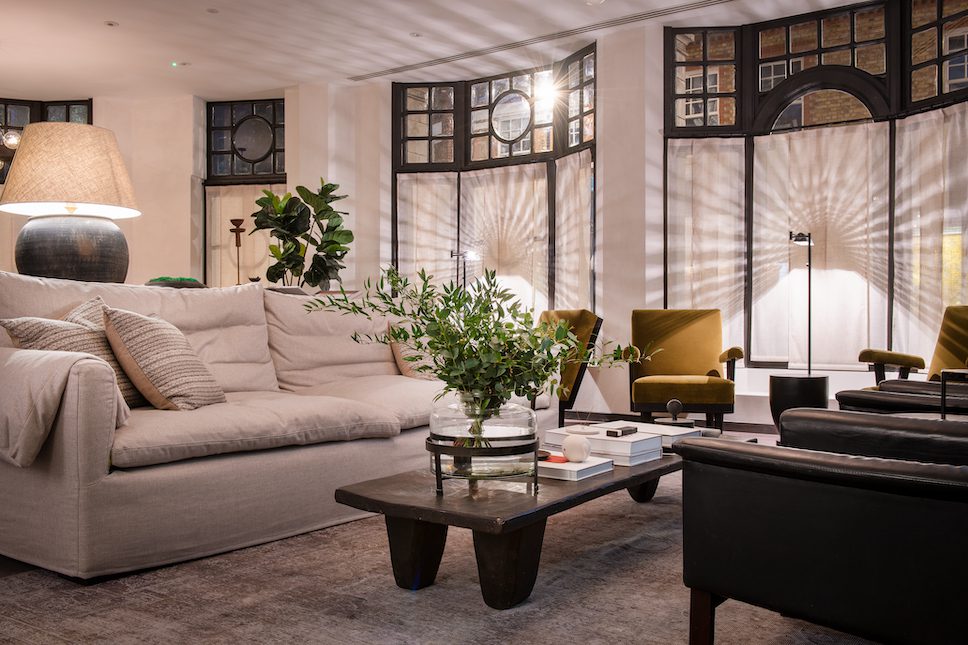
For anyone who has reservations around therapy, what advice do you have?
“Therapy nowadays is a far cry from the cliched impressions of the past. The therapists that I come across are as pragmatic as they might be theoretical, and there’s a real sense of working together towards a shared goal. Don’t worry about paying good money to sit across from someone who isn’t going to speak for 50 minutes and then tell you that your time is up – I don’t know how often that still happens, but it certainly doesn’t at The Soke.”
Are there any changes in our behaviour that we could use to recognise when we need to take action to improve our mental health?
“I think that most people know when something isn’t quite right with them, when they’re out of kilter. The question is whether they’re able to acknowledge it to someone other than themselves. If you’ve had to ask yourself the question “am I ok?” more than once, it’s probably time to pay attention to the little voice inside.”
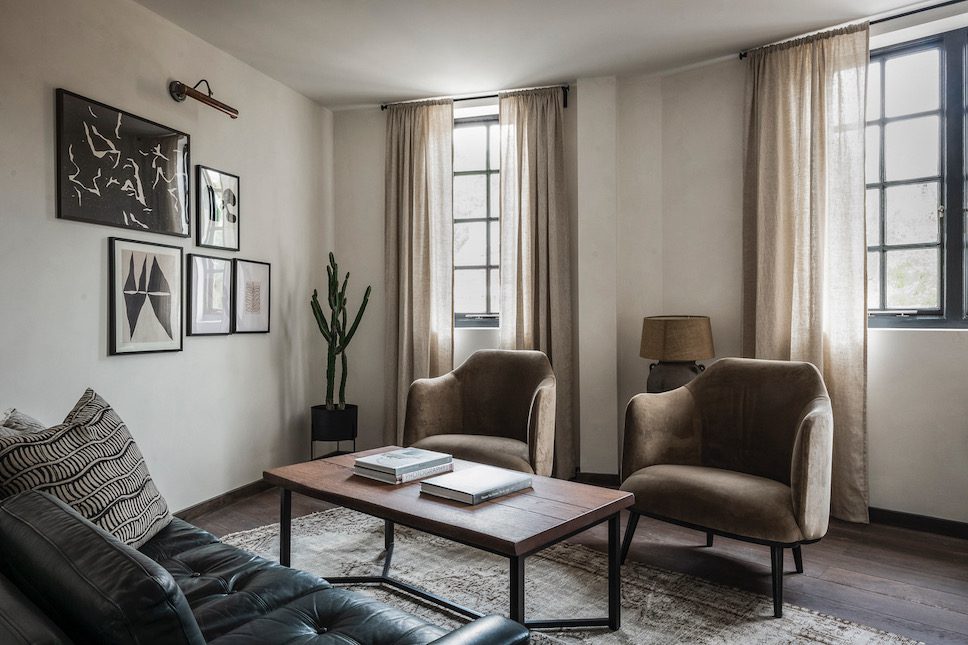
What’s next for The Soke?
“I hope that we can achieve our aim of opening a new centre every 18 months or so. But what matters most is to expand without compromising on the qualities that give us a sense of pride in who we are as an organisation. It’s crucial to remember that our collaborative, warm and accessible culture is a key component of our success.”
Visit The Soke online to read more about what services they offer.
Head back to Your Day for more interviews.

